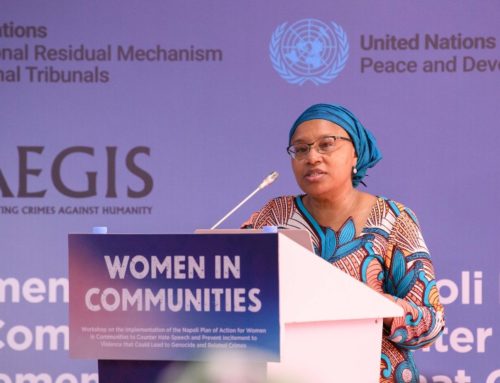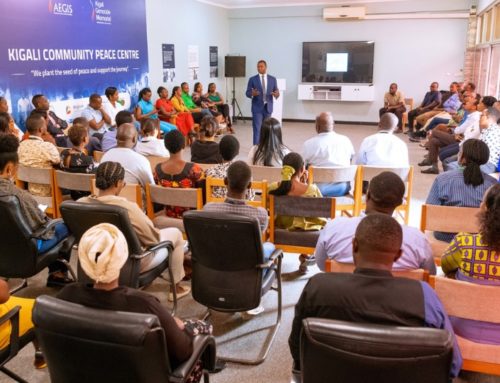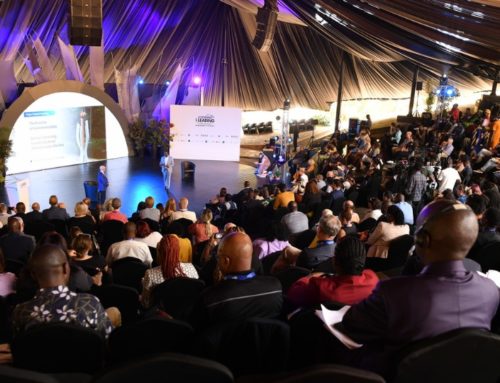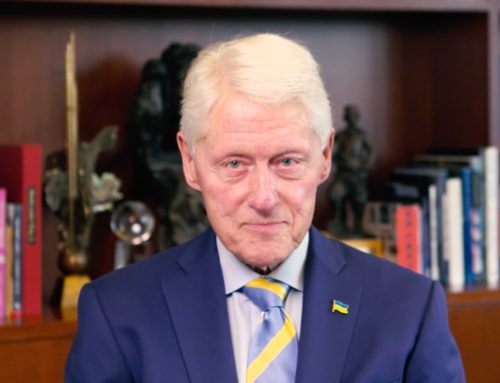 31 May 2013 – Responding to yesterday’s arrest in the UK of five Rwandans suspected of involvement in the 1994 genocide, Freddy Mutanguha – Rwandan Country Director of the UK-based Aegis Trust for genocide prevention – says word of the move is being warmly welcomed by survivors.
31 May 2013 – Responding to yesterday’s arrest in the UK of five Rwandans suspected of involvement in the 1994 genocide, Freddy Mutanguha – Rwandan Country Director of the UK-based Aegis Trust for genocide prevention – says word of the move is being warmly welcomed by survivors.
“These arrests have given survivors renewed hope for justice,” he says. “Our hopes have been raised and dashed before, but this time, we’re putting our trust in the British courts to do the right thing and ensure these men can finally be brought to account.”
Following an extradition request from Rwanda, Emmanuel Nteziryayo, Charles Munyaneza, Celestin Ugirashebuja, Vincent Bajinya and Celestin Mutabaruka were arrested on warrants alleging genocide and murder, according to the Metropolitan Police.
When a previous Rwandan extradition request for four of the men was turned down on grounds they might not get a fair trial in Rwanda, they were released by the High Court despite recognition of a prima facie case against them for genocide. At the time, a loophole in UK law meant they could not be prosecuted in Britain. For survivors, the timing of their release, in April 2009, added insult to injury. It took place just as Rwandans were commemorating the 15th anniversary of the slaughter in which a million men, women and children were murdered because of their identification as ethnic Tutsis.
“The recent extradition to Rwanda of genocide suspects from countries like Canada demonstrates their confidence in improvements in Rwanda’s legal system,” says Dr James Smith, Chief Executive of the Aegis Trust, which is responsible for the Kigali Genocide Memorial in Rwanda’s capital – a site where some 250,000 victims of the genocide lie buried. “British courts are more likely to follow suit than they did in 2009, but if they don’t, there is no excuse now to allow suspects of such atrocious crimes to walk free again. Loopholes in UK law on genocide were closed in 2010 following a campaign led by the Aegis Trust, meaning prosecution of Rwandan genocide suspects is now possible in Britain.





